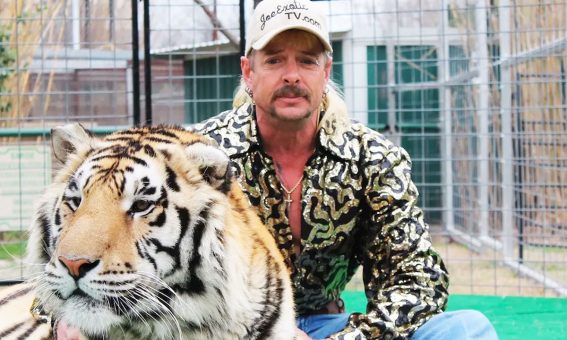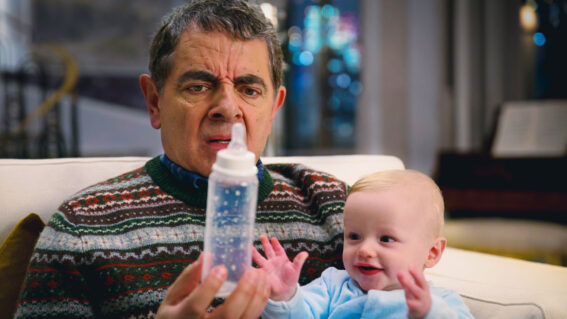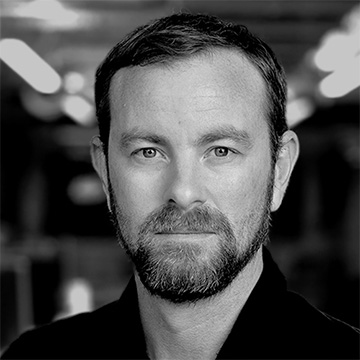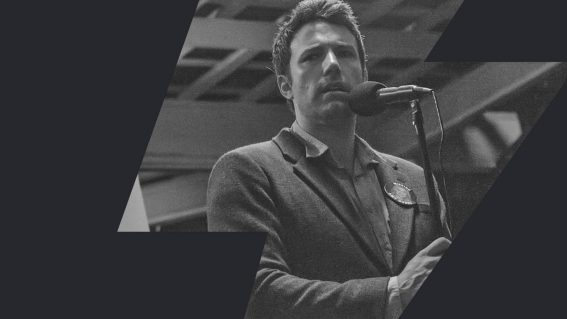Why does David Attenborough’s A Life On Our Planet avoid the words ‘climate change’?
Even as he engages with the subject, the veteran steers away from familiar phrases.
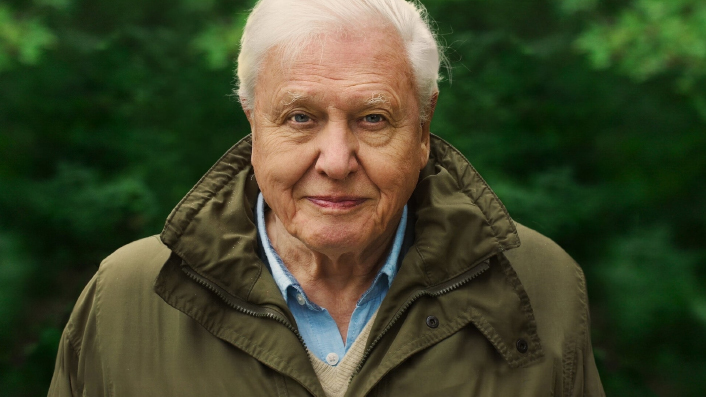
Streaming on Netflix, David Attenborough’s important new documentary explores a natural world in crisis. Critic Luke Buckmaster recommends the film, but asks: why is the veteran presenter reluctant to say the words “climate change”?
It wasn’t all that long ago—just a couple of years—that David Attenborough was not unreasonably accused by The Guardian’s George Monbiot of betraying the same glorious natural world he loves. The source of Monbiot’s chagrin was the veteran presenter’s reluctance to fully acknowledge the extent of human-created destruction of the environment, drawing on a 2018 interview in which Attenborough said such observations can be a “turn off” for viewers, and indicated a reluctance to be “proselytising” and “alarmist.”
See also
* All movies now playing in cinemas
* All new streaming movies & series
The 94-year-old presenter appears to have changed his tune in recent times, with his 2019 documentary Climate Change: The Facts and now David Attenborough: A Life On Our Planet, which he describes as his “mission statement.” Attenborough states for instance that our ecosystem is “headed for disaster”, that humans are committing “blind assault” on our planet, and that “we are facing nothing less than the collapse of the living world—the very thing that gave birth to our civilization.” So, pretty clear. Prognosis: the current situation ain’t good.
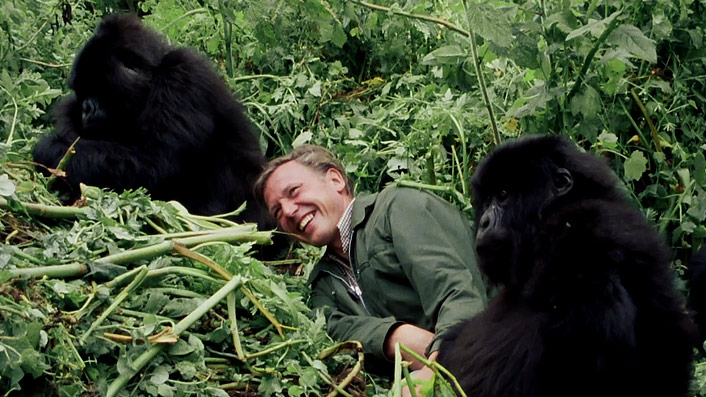
Perhaps Monbiot’s attack frightened the veteran into becoming more outspoken—defying that genteel, quintessentially British demeanor of his. A Life On Our Planet opens with Attenborough inside a large dilapidated edifice in Ukraine—which is crumbling and strewn with rubble—as he explains that the now-empty town around him used to accommodate 50,000 people but became uninhabitable in April 1986, when the nuclear power plant in Chernobyl exploded.
By framing the narrative in this way, Attenborough makes a connection between the “bad planning and human error” that created the environmentally devastating disaster at Chernobyl, and the bad planning and human error that will plague us if we fail to combat…
Why is he reluctant to say ‘climate change’?
Well, I was going to say “climate change”, or “global warming”—but perhaps Attenborough would prefer me to use different parlance. He avoids directly stating the words “global warming” and “climate change”, uttering the latter just once, over an hour into the running time, despite much of the production being about climate change (he certainly doesn’t shy away from it).
I don’t want to reduce this critically important subject to an argument about terminology, nor suggest that Attenborough has always avoided these terms. But this is his mission statement, language is important, and Attenborough is surely being careful with his words. Is this simply a matter of semantics—of potato versus potarto—or is there something else going on?
There has been a debate for a long time now about the impact and usefulness of the terms “climate change” versus “global warming.” The former, to quote a Bloomberg opinion piece from early this year, “sounds like something created by committee”, that also—as argued in Jane Morton’s messaging guide Don’t Mention the Emergency?—risks amplifying the denier meme “the climate is always changing.”
A well-known study conducted by Yale in 2014 found, on the other hand, that “global warming” is “more engaging than climate change”, generating “stronger ratings of negative affect” and “greater certainty that the phenomenon is happening.” But it too provides climate deniers opportunity to obfuscate, as demonstrated in the advertisement below, published in a recent BBC piece investigating how oil companies have created doubt about the effects of climate change.
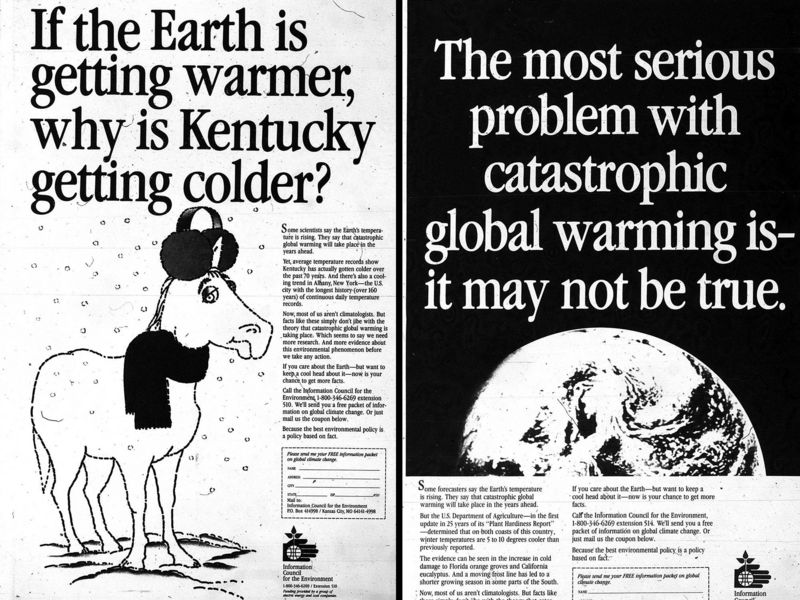
Pretty stupid, yeah, and rather crude propaganda—but the sad reality is that messages like the one above resonate with people. In summary: neither “climate change” nor “global warming” are perfect terminologies. “Climate crisis” and “climate emergency”, which are the terms used by The Guardian, are better for obvious reasons: far more concise and dramatic, with less wiggle room for distortion, and still completely truthful.
Attenborough prefers the term ‘biodiversity’
Attenborough prefers the term “biodiversity.” He uses it many times throughout A Life on Our Planet, accompanied by statements about how it is being lost or is in decline, and needs to be restored. From the perspective of somebody who has spent a career travelling to exotic places, mingling up close with countless animals, it perhaps makes sense that Attenborough would prefer that term over “climate change” or “global warming”, given both of the latter terms imply an element of distancing.
What does biodiversity mean? It is a sort of environmental catch-all, referring to “the variety of all life forms on earth”—from plants to animals to the ecosystems they inhabit.
“Loss of biodiversity is just as catastrophic as climate change”, explains this Guardian article from 2019, stating that “we cannot solve the threats of human-induced climate change and loss of biodiversity in isolation. We either solve both or we solve neither.” The many threats to biodiversity, as identified by the Australian Academy of Scientists, include temperature spikes, increases in carbon dioxide, rising sea levels and coral bleaching.
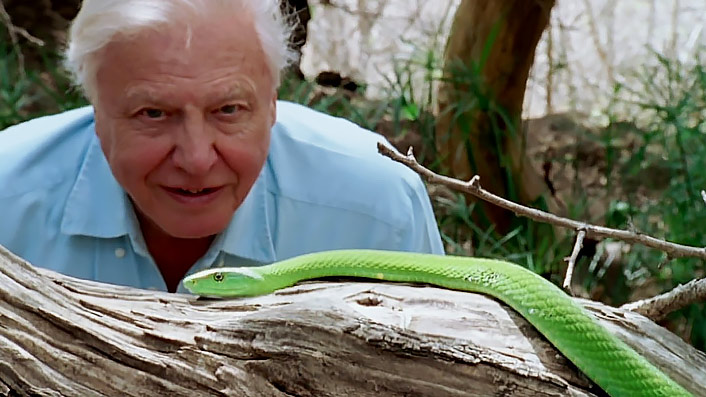
What do humans need in order to solve the climate crisis?
Attenborough’s mission statement documentary has a very wide perspective, not just recapping his own life but the shape and form of the planet since the last mass extinction. There are several poignant moments, such as when he reflects that “a young man, I felt I was out there in the wild, experiencing the untouched natural world”, only to now come to the conclusion that “it was an illusion: those forests and plains and seas were already emptying.”
Towards the end, Attenborough talks about how human beings are “the smartest creatures to have ever lived”, which struck me as a rather spurious supposition—how can one person speak on behalf of all creatures to have ever lived? But then the veteran says something that struck a chord, ringing absolutely true in the current information-saturated modern world, with its endless contested narratives and politically polarized environments (for more on this topic, consult The Social Dilemma).
Attenborough says that in order to continue living, “we require more than intelligence. We require wisdom.” And, well, indeed. Not a bad thought to end on. Not bad at all.








